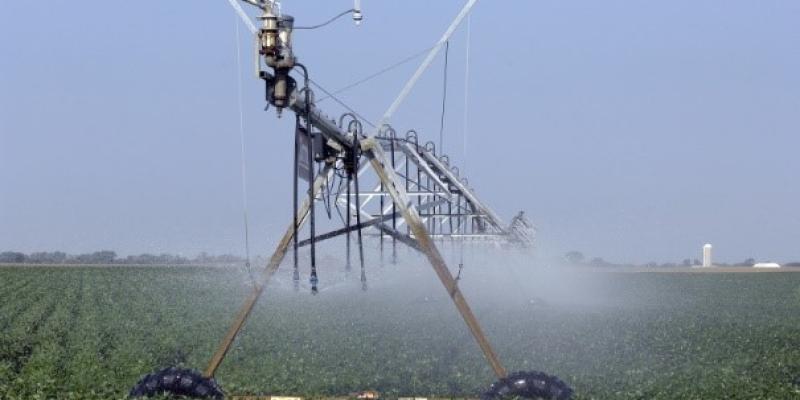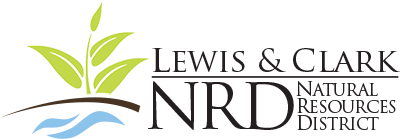IRRIGATION MANAGEMENT

Effective irrigation management is essential for sustaining agricultural output and conserving natural resources. There are thousands of acres in the district that utilize irrigation, and maximizing water efficiency is a crucial factor in managing water use. Employing best management practices—such as regular system maintenance, adopting advanced technologies, and monitoring environmental conditions—can significantly reduce water waste. Such measures not only help ensure that crops receive the right amount of water at the right time but also mitigate losses from evaporation, wind, and runoff.
Irrigation management sits at the heart of sustainable agriculture, ensuring that crops thrive while safeguarding critical water resources for future generations. By embracing a proactive approach—one that includes regular inspection and maintenance of equipment, strategic scheduling based on weather and soil conditions, and the integration of innovative technologies—farmers can deliver water efficiently, precisely where and when it is needed most. These best management practices not only optimize crop yields but also minimize water loss, conserve energy, and protect the long-term viability of our agricultural landscape.
LCNRD encourages efficient irrigation by using flowmeters, modern technology, and best management practices. Flowmeters track water pumped from wells, while tools like soil moisture probes and variable rate irrigation (VRI) systems help monitor and optimize water use. Soil moisture probes assess soil water content through its dielectric constant, which rises with increased moisture. VRI employs sensors and controls to tailor water, nutrient, and pesticide application to specific field zones. Conservation practices help ensure that water use aligns with crop needs and environmental conditions. During the growing season, producers must determine optimal timing, location, and amounts of irrigation for productivity and efficiency.
The University of Nebraska-Lincoln Extension offers a series of NebGuides on irrigation efficiency and irrigation strategies to help with irrigation management at https://extensionpubs.unl.edu/publication/ec732/irrigation-efficiency-and-uniformity-and-crop-water-use-efficiency. For more information or assistance, contact your local UNL Extension office, an irrigation water specialist, or the Lewis & Clark NRD office at 402-254-6758.
